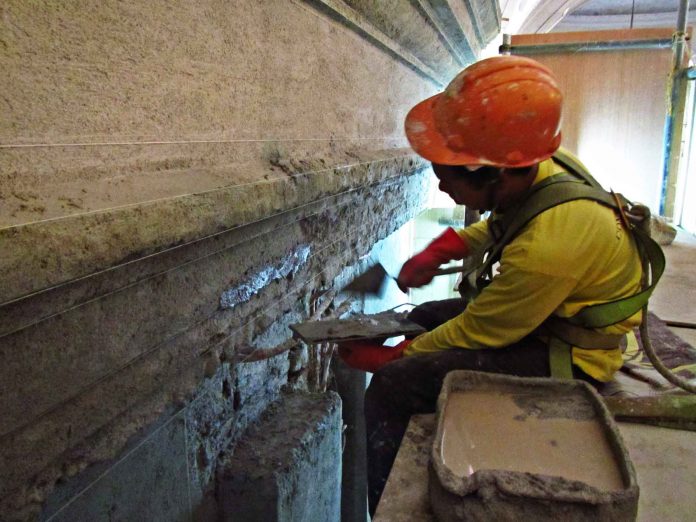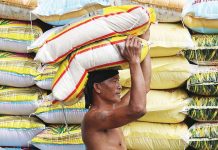
MANILA – The recent 4-percent tariff has failed to curb the flooding of imported cement in the Philippines, thus raising the need for more protection for local manufacturers that continue to produce high-quality products despite the challenges they face in the market.
The Department of Trade and Industry (DTI), however, will need to determine if the tariff is enough to protect public interest and ensure the stability of supply and pricing in the local market after the Tariff Commission (TC) affirmed through its initial investigation that imposition of safeguard duties on the imported cement is necessary and justifiable.
Trade secretary Ramon Lopez has ordered the imposition of a 4-percent provisional tariff amounting to P210 per metric ton or P8.40 per bag on imported cement, which the TC had validated as local cement manufacturers face serious injury following several “pure” importers’ over-importation of sometimes substandard but cheaper cement since 2016.
Despite the newly-imposed tariff, the latest monitoring from DTI saw cement imports still rising to 64 percent in the first quarter of 2019. The DTI compared its numbers with the same period in 2018 when the safeguard measure was not yet imposed.
The DTI report noted that the volume of imports rose from 1.06 million metric tons (MMT) in the first quarter of 2018 to 1.74 MMT in the first quarter of 2019. It found out that as a result of increased cement imports, the local industry lost significant market share from 2013 to 2017.
Capacity utilization also declined and the cement companies’ earnings fell sharply by 49 percent in 2017 while aggregate net income started sliding in 2016 by 29 percent and further by 78 percent in 2017.
In imposing the duty, the DTI is guided by the policy declared in the Safeguard Measures Act (Republic Act 8800) to protect the domestic industry from serious injury caused by a surge in imports.
This development may serve as a basis for imposing not only a permanent safeguard measure but also a higher tariff rate for imported cement to serve public interest.
The DTI’s position is clear as it cited that a competitive domestic cement industry plays a vital part of the country’s infrastructure projects. It complements the backbone of the Duterte administration’s “Build, Build, Build” program and is crucial to the country’s development.
It added that cement supply and prices in the country remain stable even after the imposition of the provisional safeguard measure. It affirms the action of the DTI that it is in the public’s interest to put the SGM in place.
A higher duty, it said, is not expected to cause a shortage of cement in the local market.
According to the DTI, the safeguard measure was imposed to cure the serious injury caused to the local cement manufacturing industry. However, based on recent data, imports rose despite the SGM. Hence, increasing an SGM could be necessary to support the local industry.
The DTI will continue to monitor the prices of cement and its movement will be considered in determining whether or not to continue the imposition of the duty.
It maintains that users of cement can keep their options to choose between local and imported cement since importation will still be allowed./PN







